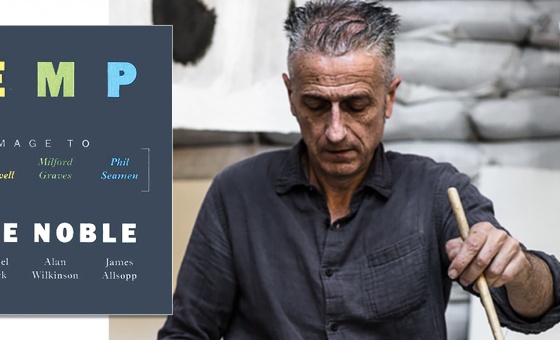This is the last article you can read this month
You can read more article this month
You can read more articles this month
Sorry your limit is up for this month
Reset on:
Please help support the Morning Star by subscribing here
Mongol Khan
Coliseum Theatre, London
SPECTACULAR and breathtaking, the dramatic tragedy of Mongol Khan is wholly suited to the grandeur and scale of a big theatre such as the Coliseum.
With a 70-strong cast, magnificent costumes and a set that alternately glows and glowers, Hero Bataar’s production will easily command attention in any large auditorium as its dark storyline considers the sacrifices that come with leadership.
Set 2,000 years ago in Mongolia, and with Mongolian actors and dancers, the plot revolves around a deadly intrigue between emperor Archug Khan (Erdenebileg Ganbold) and his closest adviser, chancellor Egereg (Bold-Erdene Sugar), who connives to insert his infant son into the ruler’s hereditary line.
The drama unfolds in Mongolian, but with poetic subtitles above the stage there’s little difficulty in following the Machiavellian ins-and-outs of the tale, while watching events unfold in their natural language enhances, rather than detracts from, the experience.
Despite the large numbers of people on stage, the storytelling is nicely focused, with no diversion into sub plots and a commendable devotion to the main characters and thread of action. With a running time of almost three hours, that allows the essential elements of the story to be given full rein, without any rushing around to move the action forward.
It also provides ample space for what are the production’s finest aspects: its choreography by Khahkhuu Khatankhuyag and Bayarbaatar Davaasuren, its costuming by Bold Ochirjantsan and its set design by Ganzorig Dangaa.
Together these provide the production with its spectacle and its dread emotional underpinning, as masked semi-naked figures move in spermatazoic and synaptic unison, appearing to reflect and direct the emotions of the main characters as they agonise over the choices they’re forced to make.
At other times anonymous shamanistic characters prowl the stage in a suggestion of the mystical power that attaches itself to the emperor and his court, while shooting stars and a huge moon suggest a wrestling with timeless elemental forces beyond everyone’s control.
That’s not to say the show is just about visual brilliance, for while choreography and movement are at its heart, Mongol Khan is a proper theatrical endeavour, and its artistic elements never dominate to the exclusion of all else.
Although it fails to offer any great profundity – and some of the nationalist sentiments at its heart may be questionable – it is undoubtedly a thing of beauty. The run at the Coliseum is now over, but its producers say the show “will definitely have a future life” – so watch out for announcements.
For more information see: themongolkhan.com








